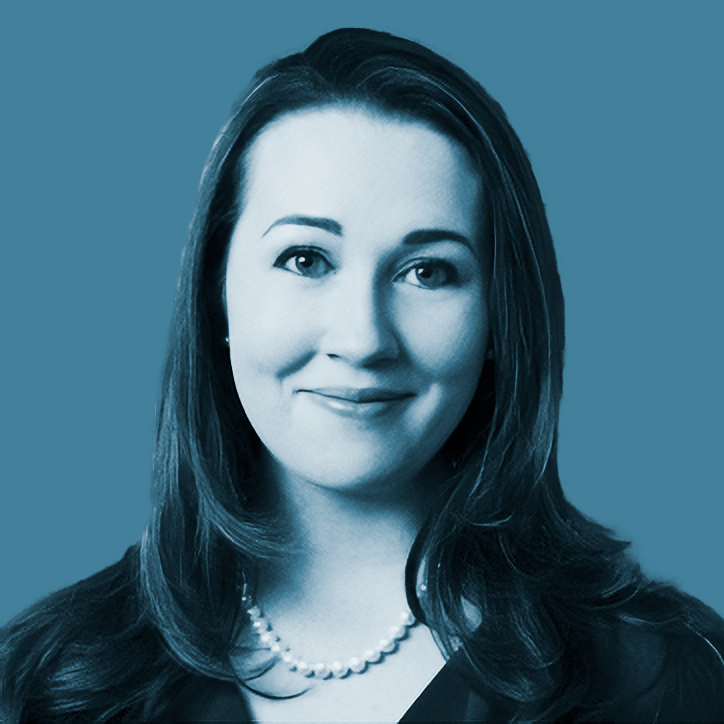Key Terms
- Iowa nurse mortgages offer specific advantages such as lower down payments and the potential waiver of private mortgage insurance (PMI), making homeownership more accessible for nurses.
- These specialized loans are tailored to the unique financial circumstances of nurses, considering factors like irregular work schedules and significant student debt, which can help nurses qualify more easily than with traditional loans.
- While nurse mortgages can provide significant benefits, potential borrowers should carefully assess their financial situation and consider all loan details, such as interest rates, closing costs, and the long-term impact on their finances.
Often referred to as the “Hawkeye State,” Iowa offers a slower pace of life and a strong sense of Midwestern hospitality, making it an appealing place to raise a family or enjoy a peaceful lifestyle. The state appeals to many for a variety of reasons, including its affordable cost of living, strong sense of community, low crime rates, and thriving job market in sectors like agriculture, manufacturing, and healthcare.
With healthcare as strong as it is in Iowa, you might not be surprised to learn that a number of nurses live there. According to data from the Bureau of Labor Statistics, Iowa is home to 36,400 nurses, a list that includes some 460 CRNAs, 33,300 RNs, and 2,640 NPs.
While cost of living is manageable in the Hawkeye State, home prices are rising there, as they are across the country. According to the FED, the median listing price of a single family home is right around $315,000, making a new home in the state difficult for many nurses to afford.
Nurse mortgages can offer a more than viable alternative, offering financial benefits and helping nursing professionals afford a home.
Is an Iowa nurse mortgage right for me?
Is an Iowa nurse mortgage right for you? That’s a good question. Considering a nurse mortgage in Iowa could be a smart move for several reasons. Firstly, these mortgages often offer lower down payment options, making homeownership more accessible. Additionally, nurse mortgages may waive the need for private mortgage insurance (PMI), which can result in cost savings over time.
Furthermore, these specialized loans cater to the unique needs of nurses, providing assistance tailored to their financial situations. Overall, opting for a nurse mortgage in Iowa could provide valuable support and financial benefits for nurses looking to buy a home, including the support of the network of nurses taking part in a program. Conventional loans may have too many blocks for nurse borrowers, which leads many to turn instead to alternative lenders. The eligibility requirements may be more relaxed for nurses seeking a primary residence in Iowa.
For nurses looking for alternative loan programs for home buying, pay attention to things like interest rates, income limits, credit score requirements, options for refinancing, closing costs, requirements on debt-to-income ratio, down payment assistance, total loan amounts allowed, and other qualifying rules for borrowers. You can ask your loan officers if there are any special things to know about, including special programs for medical professionals. A home purchase can be completed with a mortgage loan specific to nurses, including nurse practitioners, registered nurses, travel nurses, or LPNs.
Many of these healthcare professionals, such as dentists, pharmacists, or physicians, won’t qualify for a conventional mortgage due to their work history or high student loans that throw off their debt to income ratio (DTI.) This can make it a challenge for first time homebuyers working in the medical field to meet the requirements for FHA loans, va loans, or USDA loans. Finding a home buying program that allows for qualification based on a job as a nurse, however, could open the doors for a new home found on the NMLS or through a real estate agent. Some of these healthcare professional programs like nurse mortgage loans, nurse next door programs, and physician loans/physician mortgage, even come with low down payment options. Using your income history and employment history, as well as your employment contract can help you meet qualifying criteria for these alternative loan options for homeowners.
Review the details of any mortgage loan program, including total monthly payments, any penalties for early repayment,
How are Iowa nurse mortgages different from other loans?
Want to know what makes nurse mortgages different from other loans? Here’s a step-by-step comparison of the traditional mortgage application process versus a nurse mortgage application process:
Traditional Mortgage Application Process:
- Prequalification: You start by getting prequalified, which involves providing basic financial information to a lender.
- Documentation: You gather necessary documentation, such as pay stubs, tax returns, and bank statements, to support your application.
- Application Submission: You submit your application to the lender along with the required documentation.
- Underwriting: The lender reviews your application and documentation to determine your creditworthiness and risk.
- Approval or Denial: Based on the underwriting process, the lender approves or denies your mortgage application.
- Closing: If approved, you move forward with closing, where you sign the necessary paperwork and finalize the loan.
Nurse Mortgage Application Process:
- Research Nurse Mortgage Programs: You start by researching nurse mortgage programs available in your area.
- Prequalification: Similar to a traditional mortgage, you get prequalified for a nurse mortgage by providing basic financial information.
- Documentation: You gather the required documentation, but nurse mortgages may have more flexible eligibility criteria, especially regarding irregular work schedules or multiple jobs.
- Application Submission: You submit your application to the lender, along with the necessary documentation.
- Special Consideration: Nurse mortgage lenders understand the unique financial situations of nurses, such as student loan debt or overtime pay, and may take these factors into account during the underwriting process.
- Approval or Denial: The lender reviews your application and documentation, considering the specialized benefits of nurse mortgages, such as lower down payments or assistance programs.
- Closing: If approved, you proceed with closing, similar to a traditional mortgage.
Overall, while the basic steps of the application process are similar, nurse mortgages may offer more tailored benefits and considerations for nurses, making it easier for them to qualify and afford a home.
Examples of nurses who take out nurse mortgages in Iowa
Tonya, a nurse at UnityPoint Health in Des Moines, found herself in a predicament. Despite her passion for healthcare and her dedication to her patients, she struggled to believe that she could ever own a home in the bustling city when faced with the harsh reality of high housing prices and hefty student loan debt. Feeling trapped in a cycle of renting, she longed for a place to call her own.
One day, Tonya stumbled upon the concept of a nurse mortgage. Delving into research, she soon discovered that these specialized loans were tailored specifically for nurses like her. With lower down payment requirements and no private mortgage insurance to worry about, Tonya saw a glimmer of hope. She realized that a nurse mortgage could be her ticket to homeownership in Des Moines.
Encouraged by this newfound possibility, Tonya decided to explore her options further. She reached out to lenders who offered nurse mortgage programs, eager to see if she qualified. To her delight, she found that the eligibility criteria were more accommodating, taking into account her irregular work schedule and substantial student loan debt.
With the guidance of one of the top lenders in the state, Tonya navigated the application process with confidence. Despite her initial apprehension, she soon received approval for a mortgage. Overjoyed, Tonya celebrated this milestone, knowing that she was one step closer to achieving her dream of owning a home in Des Moines.
Looking for a nurse mortgage in a different state?
If you’re looking to explore the best nurse mortgage in other states, click on your state below.













